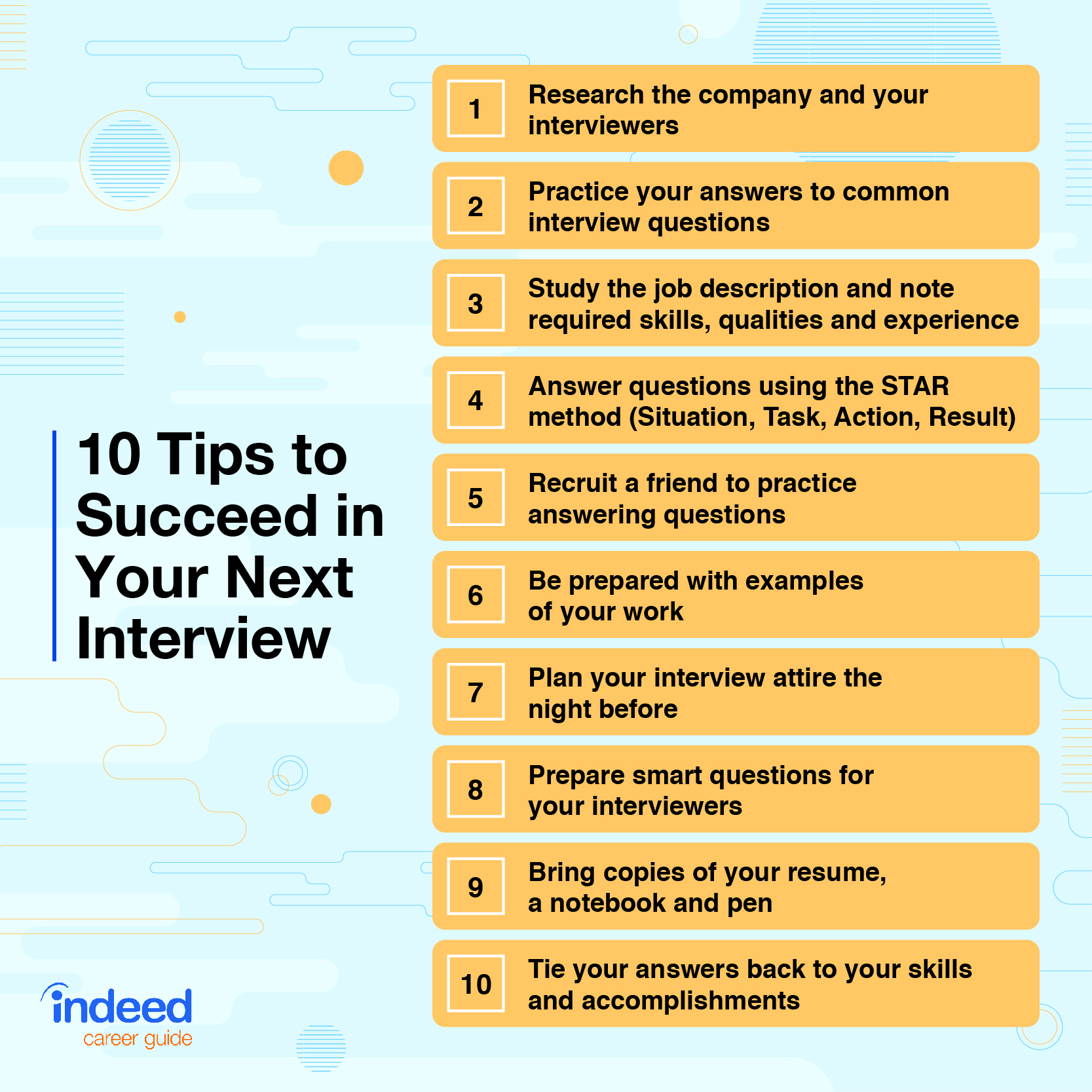1
Youth (un)employment: Practice your job interview
Youth (un)employment: Practice your job interview
Содержание
In the former activty of this plalyist, you might practised to create a CV and or job application. But what happens next? The job interview, right! This is probably a new situation for you. So it can be helpful to prepare for this situation and and practice it before it gets serious. Here you can find some tips for your preparation:
In the days before your job interview, set aside time to do the following:
1. Research the company and interviewers
Understanding key information about the company you’re interviewing with can help you go into your interview with confidence. Using the company’s website, social media posts and recent press releases will provide a solid understanding of the company’s goals and how your background makes you a great fit.
2. Practice your answers to common interview questions
Prepare your answer to the common question: “Tell me about yourself, and why are you interested in this role with our company?” The idea is to quickly communicate who you are and what value you will bring to the company and the role—it’s your elevator pitch.
3. Reread the job description
You may want to print it out and begin underlining specific skills the employer is looking for. Think about examples from your past and current work that align with these requirements.
4. Recruit a friend to practice answering questions
Practicing your answers out loud is an incredibly effective way to prepare. Say them to yourself or ask a friend to help run through questions and answers. You’ll find you gain confidence as you get used to saying the words. The video below can also help you to prepare your answers to some questions that can be asked during a job interview.
5. Prepare a list of references
Your interviewers might require you to submit a list of references before or after your interview. Having a reference list prepared ahead of time can help you quickly complete this step to move forward in the hiring process.
6. Be prepared with examples of your work
During the interview, you will likely be asked about specific work you’ve completed in relation to the position. After reviewing the job description, think of work you’ve done in past jobs, clubs or volunteer positions that show you have experience and success doing the work they require.
9. Prepare smart questions for your interviewers
Interviews are a two-way street. Employers expect you to ask questions: they want to know that you’re thinking seriously about what it would be like to work there. Here are some questions you may want to consider asking your interviewers:
Can you explain some of the day-to-day responsibilities this job entails?
How would you describe the characteristics of someone who would succeed in this role?
If I were in this position, how would my performance be measured? How often?
What departments does this teamwork with regularly?
How do these departments typically collaborate?
What does that process look like?
What are the challenges you’re currently facing in your role?
Tip: You should come prepared to discuss your salary expectations. If you’re unsure what salary is appropriate to ask for, visit Indeed's Salary Calculator for a free, personalized pay range based on your location, industry and experience.

Получить бейдж за трек
Youth (un)employment: Practice your job interview Получить бейдж
The owner of this badge
- learnt more about the topic of youth (un)employment
- informed themselves about the topic with different sources
- prepared themselves for a future job interview
This badge is part of the "Youth (un)employment: Challenge yourself" playlist which belongs to the "Challenge accepted - Europe" project from IJAB and GOEUROPE!/EJBM. This badge is confirmed by international youth workers
Для получения бейджа необходимо завершить 1 задание
Задания
Задание номер 1
Доказательства проверены: од_на организатор_ка мероприятия
What do you think about the tips for the job interview? Are they helpful for you? Did you try out the video to practice your job interview? How did it go?
Задание номер 2
Доказательства проверены: од_на организатор_ка мероприятия
Did you practice your job interview together with another person? Did you get any feedback?
Организаторы
Challenge accepted - Europe
Используется в плейлистах
Youth (un)employment: Challenge yourself!
Challenge accepted - EuropeBadgecraft размещает эту платформу и разрабатывает ее вместе с ведущими образовательными организациями. Программа Европейского Союза Erasmus+ выделила софинансирование для создания первой версии этой платформы. Свяжитесь с support@badgecraft.eu.
Исследовать
Изменить язык:
